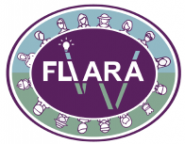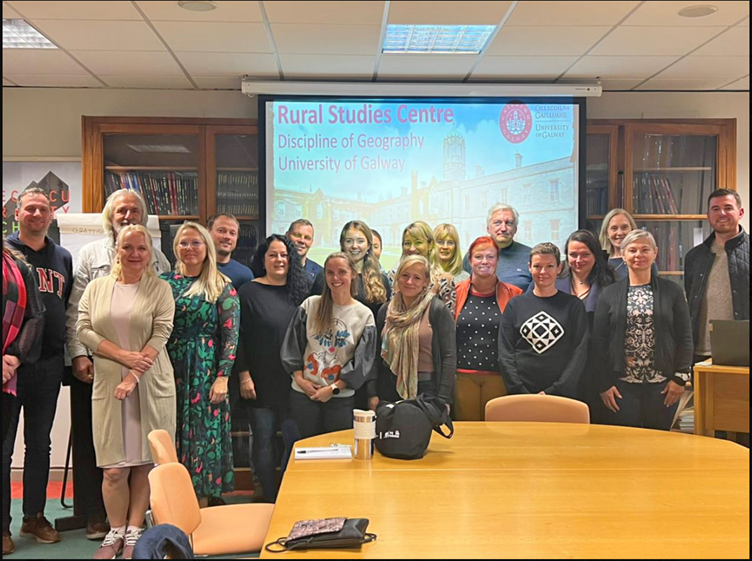University of Galway, Ireland. The University of Galway’s Rural Studies Centre played host to an Estonian delegation, including Maarja Pikkmets from the NGO Kodukant Läänemaa Local Action Group (LAG) and a group of dedicated community activists. This visit, which took place on September 13th, was part of the ongoing collaboration within the EU-funded PREMIERE Project.
During their time at the centre, the Galway team took the opportunity to unveil the FLIARA project. One of the key focuses of the project is to support rural women, allowing them to take centre stage in the world of innovation. Niamh McGuiness, a key member of the Galway team, highlighted the project’s vision:
“An improved ecosystem for innovation will highlight rural women’s successes, serve as a source of information and inspiration, link them to important players in the field, increase their visibility in institutional decision-making contexts at the national and international levels, and help them develop their capacity and skills so they can continue leading or begin leading innovative practices.”
This visionary approach has the potential to empower rural women across Europe, providing them with new opportunities to shine in various fields.
In addition to the FLIARA project, the Estonian delegation also gained insight into the broader context of collaborative efforts. The visit offered a platform for learning about the PREMIERE Project, which has been instrumental in strengthening ties and sharing knowledge among various European entities.
Furthermore, the delegation discovered the IMAJINE project (Integrative Mechanisms for Addressing Spatial Justice and Territorial Inequalities in Europe), demonstrating the multi-faceted approach to regional development and justice.
Lastly, the Farmer’s Yards Social Initiative for the Farming Community was also discussed. This initiative seeks to address the unique challenges faced by those in the farming sector, paving the way for a more inclusive and prosperous rural society.
The University of Galway’s dedication to fostering innovation and supporting rural communities is making a significant impact on the European stage. With the introduction of the FLIARA project and the exchange of knowledge among like-minded partners, these initiatives are poised to make a real difference for rural women and communities across the continent.



